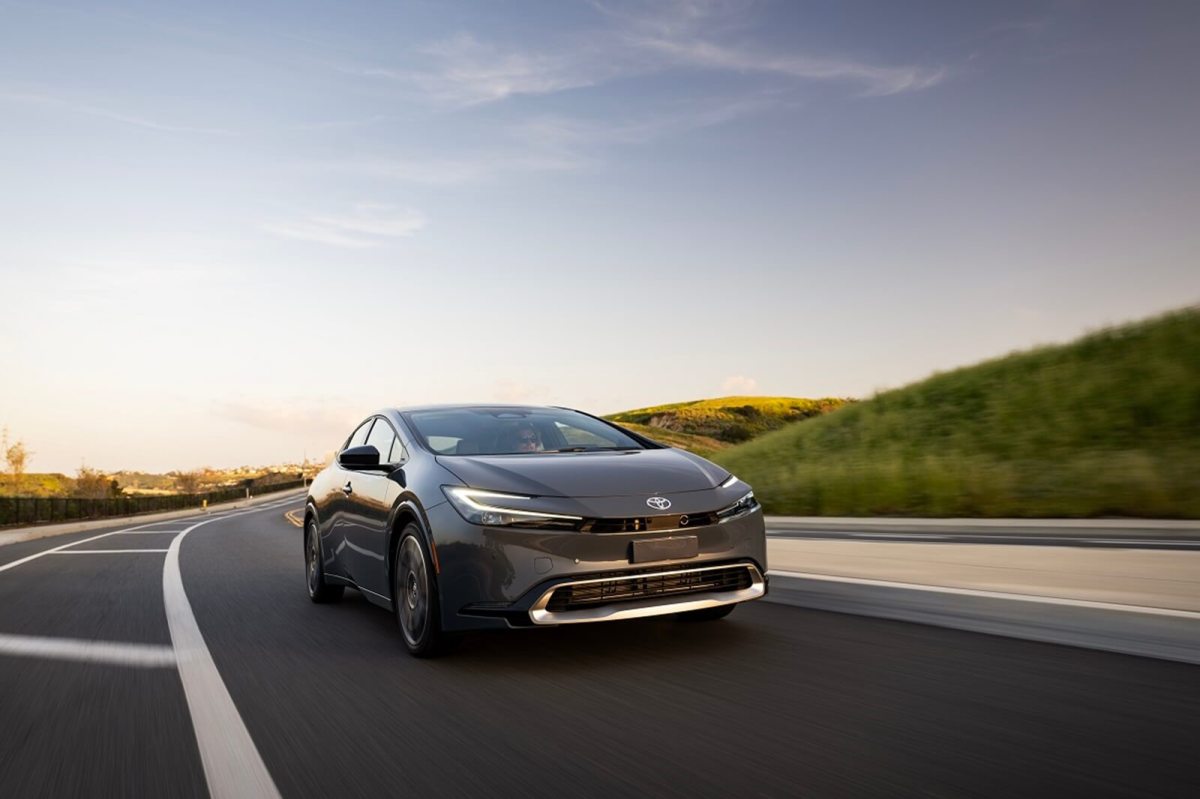And so it seems that hybrids are making a comeback as demand for electric vehicles (EVs) in America is starting to decrease. This comes as a surprise to many, as the trend in recent years has been a rapid increase in the popularity of EVs. However, a closer look at the factors driving this change reveals that there are several reasons for the shift back to hybrids.
One of the main reasons for this change is the current state of the EV market. Over the past few years, there has been a significant increase in the number of EV models available to consumers, as well as a surge in the number of charging stations across the country. This has made it easier for people to consider making the switch to electric vehicles. However, many consumers are finding that the cost of EVs is still relatively high compared to traditional gasoline-powered vehicles, which is impacting their decision to make the switch. Additionally, some consumers are also expressing concerns about the limited driving range of EVs, especially in more rural areas where charging stations may be less accessible.
Another factor contributing to the rebound of hybrids is the current economic situation. The COVID-19 pandemic has had a significant impact on the economy, leading many consumers to reevaluate their financial priorities. With the uncertainty surrounding employment and financial security, some consumers are opting for more budget-friendly options, such as hybrids, over the more expensive EVs.
Furthermore, several automakers have also shifted their focus back to hybrids. In recent years, many manufacturers have invested heavily in the development of EVs, but the market response has not been as positive as expected. As a result, some automakers are now revisiting their hybrid models and investing in improving their technology and performance. This renewed focus on hybrids has led to an increase in the availability of hybrid vehicles in the market, providing consumers with more options to choose from.
Additionally, there are growing concerns about the environmental impact of EVs. While it is widely known that EVs produce zero emissions during operation, the manufacturing and disposal of EV batteries raise concerns about their overall environmental impact. This has led some consumers to reconsider the environmental benefits of EVs compared to hybrids, which have a smaller ecological footprint in terms of battery production and disposal.
In response to these changing consumer preferences, some automakers are repositioning their marketing strategies to highlight the benefits of hybrids, such as lower fuel consumption, reduced emissions, and lower operating costs compared to EVs. This shift in focus is aimed at attracting consumers who are looking for more economical and practical alternatives to traditional gasoline-powered vehicles, while still prioritizing environmental consciousness.
Overall, the resurgence of hybrids in the American automotive market reflects the shifting preferences and concerns of consumers. As the industry continues to evolve, it is clear that there is still a place for hybrids alongside EVs, providing consumers with a wider range of options to choose from to suit their individual needs and priorities. With continual advancements in technology and a greater focus on sustainability, the future of the automotive market will likely see a continued coexistence of hybrids and EVs, both playing a significant role in the transition towards more sustainable transportation.
